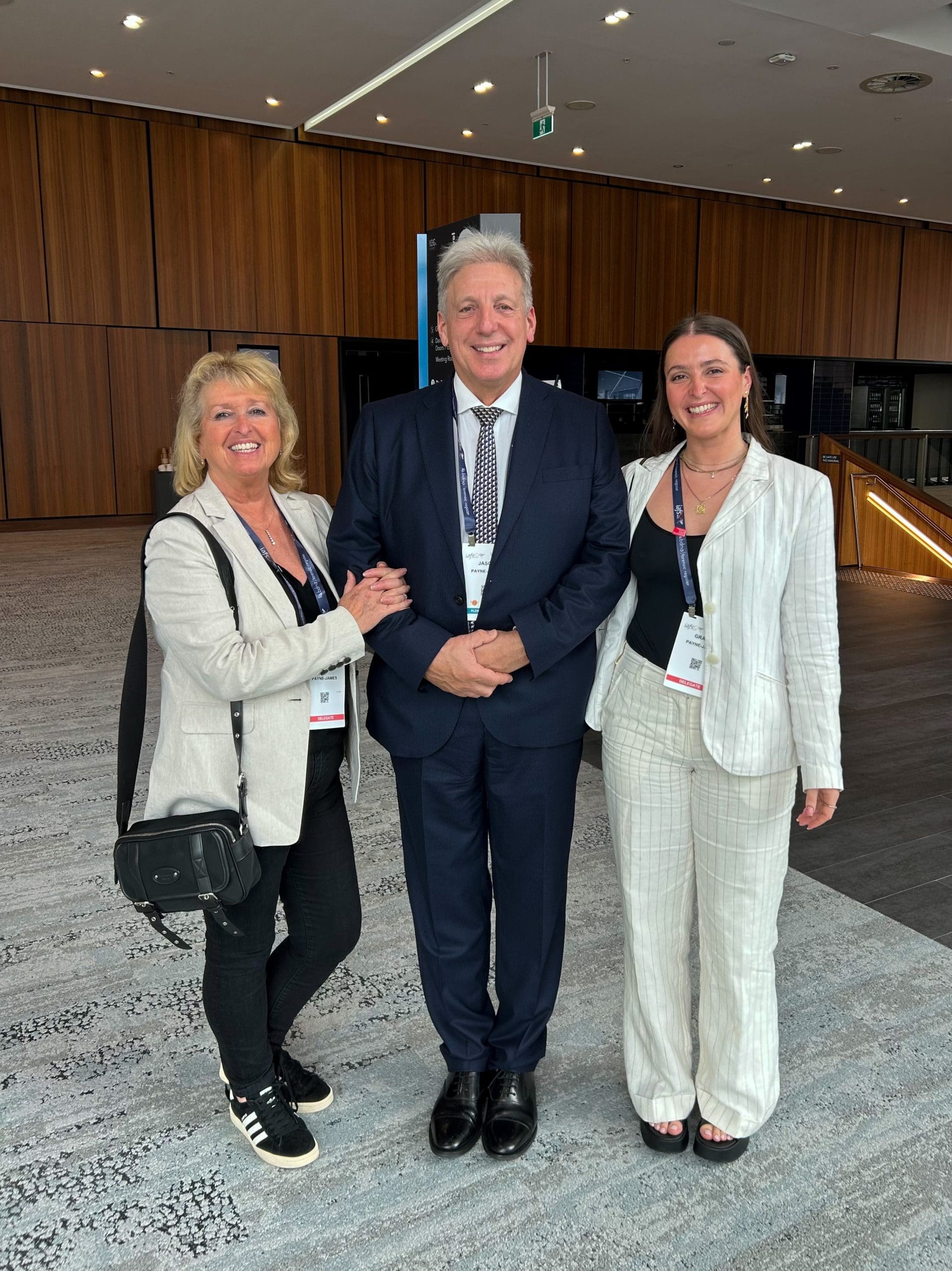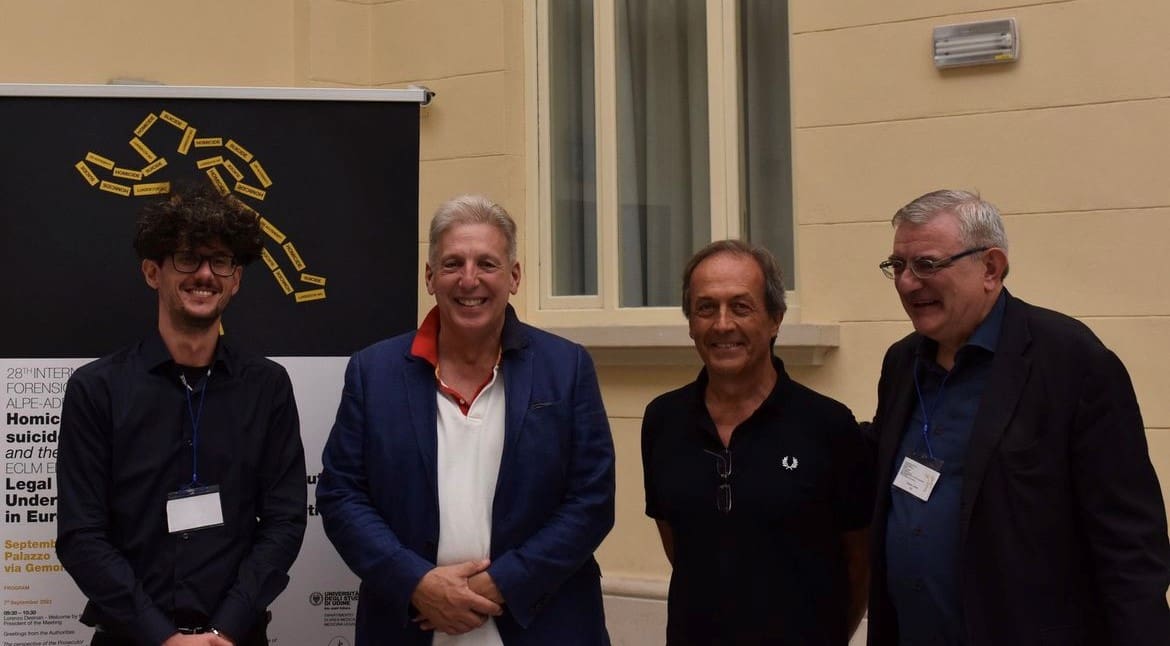Forensic Healthcare Services
Est 1999.
FHC Experts for Law & Mediation is one of the leading providers of expert witnesses both in the UK and Internationally.
Since 1999 we have been providing a custom range of services within the judicial system for all criminal and civil practice, including the police, family courts, defence solicitors and barristers, inquests and medical negligence to name but a few.
We have one of the largest expert witness panels comprising of, but not limited to, medical, paediatric, psychological, psychiatric, technical and scientific experts
Types of Expert Witnesses
(Click for more information)
FHC is not an expert listings or directory service – experts pay no fee to us – we choose them because of their reputation, experience and ability to deliver high quality, expeditious opinions and support their written evidence in all high court settings including crown, magistrates, military, youth, appeal courts and inquests.
FHC Quality Experts
All appointed FHC experts confirm their understanding of their duties of an expert, their limitations of liability and can provide evidence of professional indemnity cover. They take guidance from their professional bodies and fully accept their duties and obligations as an expert. FHC expert witnesses are knowing, reliable and understand their subject matter. Reports and evidence are carried out in a clear, concise and relevant nature and, in keeping with our ISO 9001 quality standard, all reports are subject to essential content review.
Personal Bespoke Service
We are a family run business so we believe in building relationships with our customers so that they can feel free to contact us to discuss their requirements without having to introduce and explain themselves every time. We have an excellent case management system, but every case is treated as an individual matter and handled personally by one of our experienced, friendly team.
Although we handle all administration in the cases, we do encourage our experts to speak directly with the customer when there is a need.




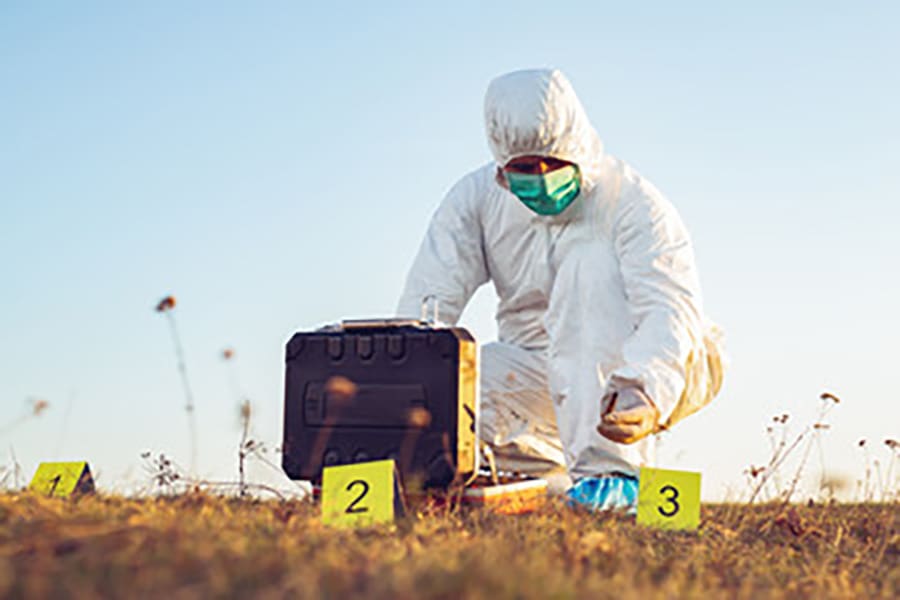
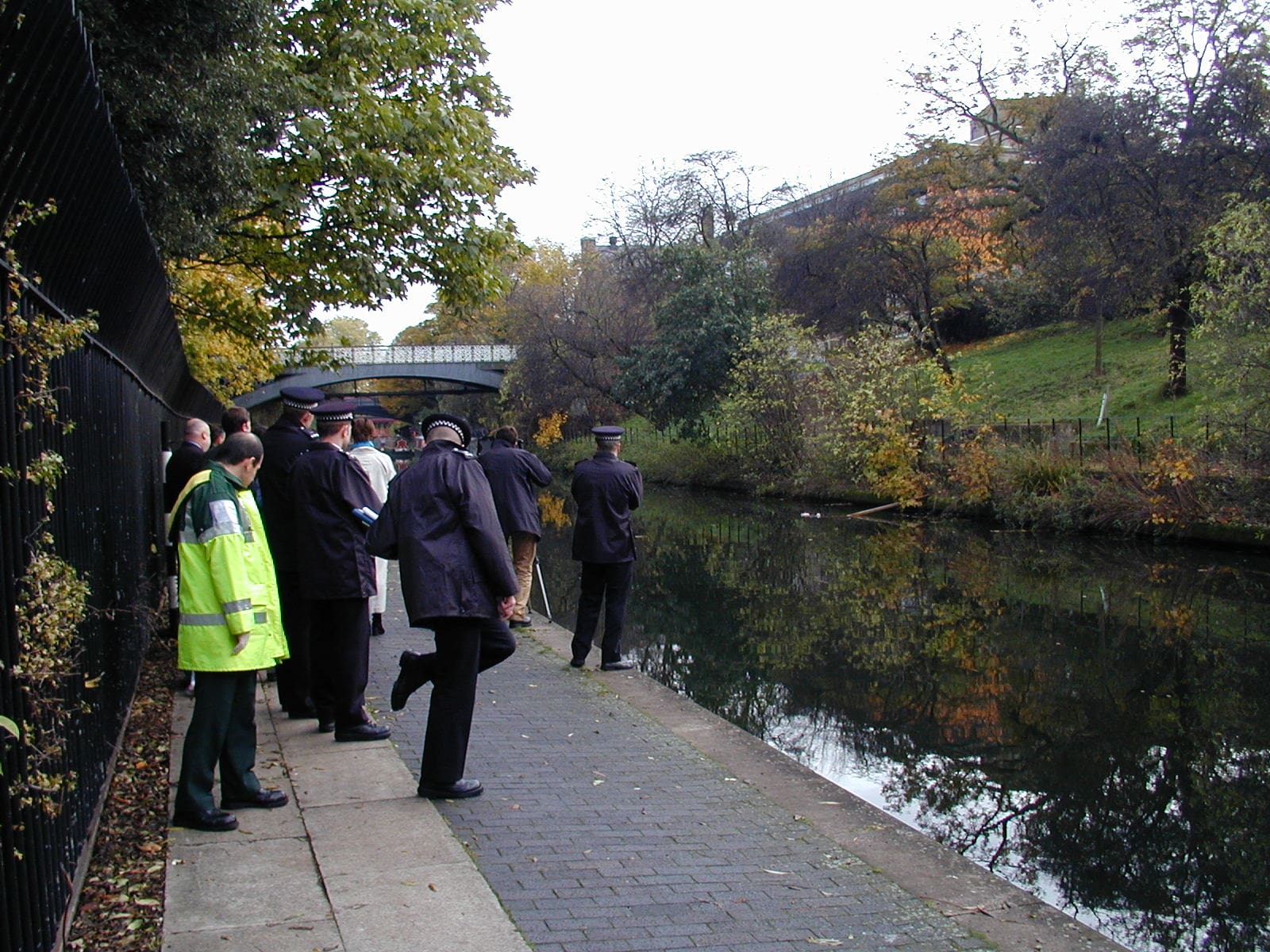
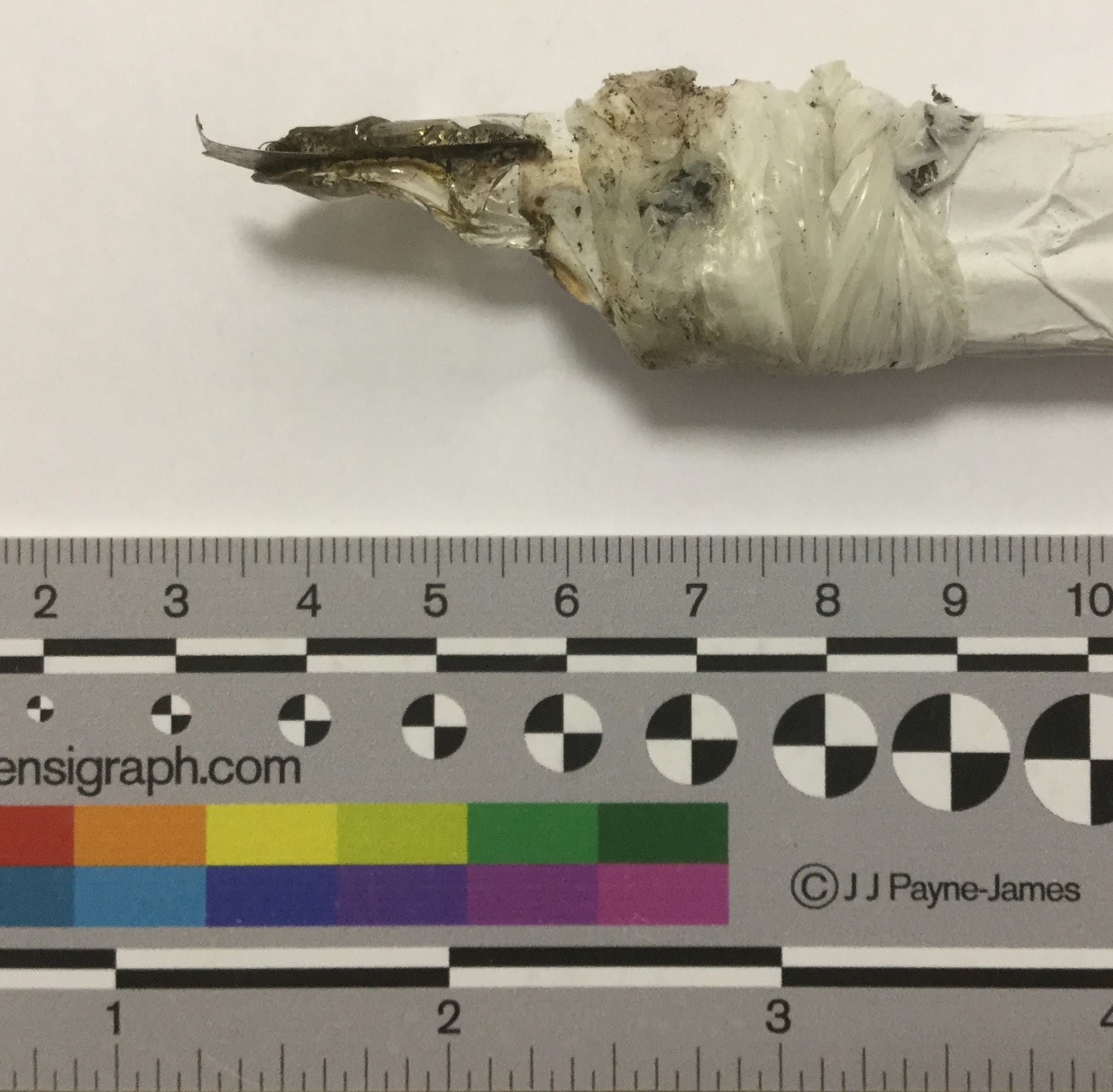
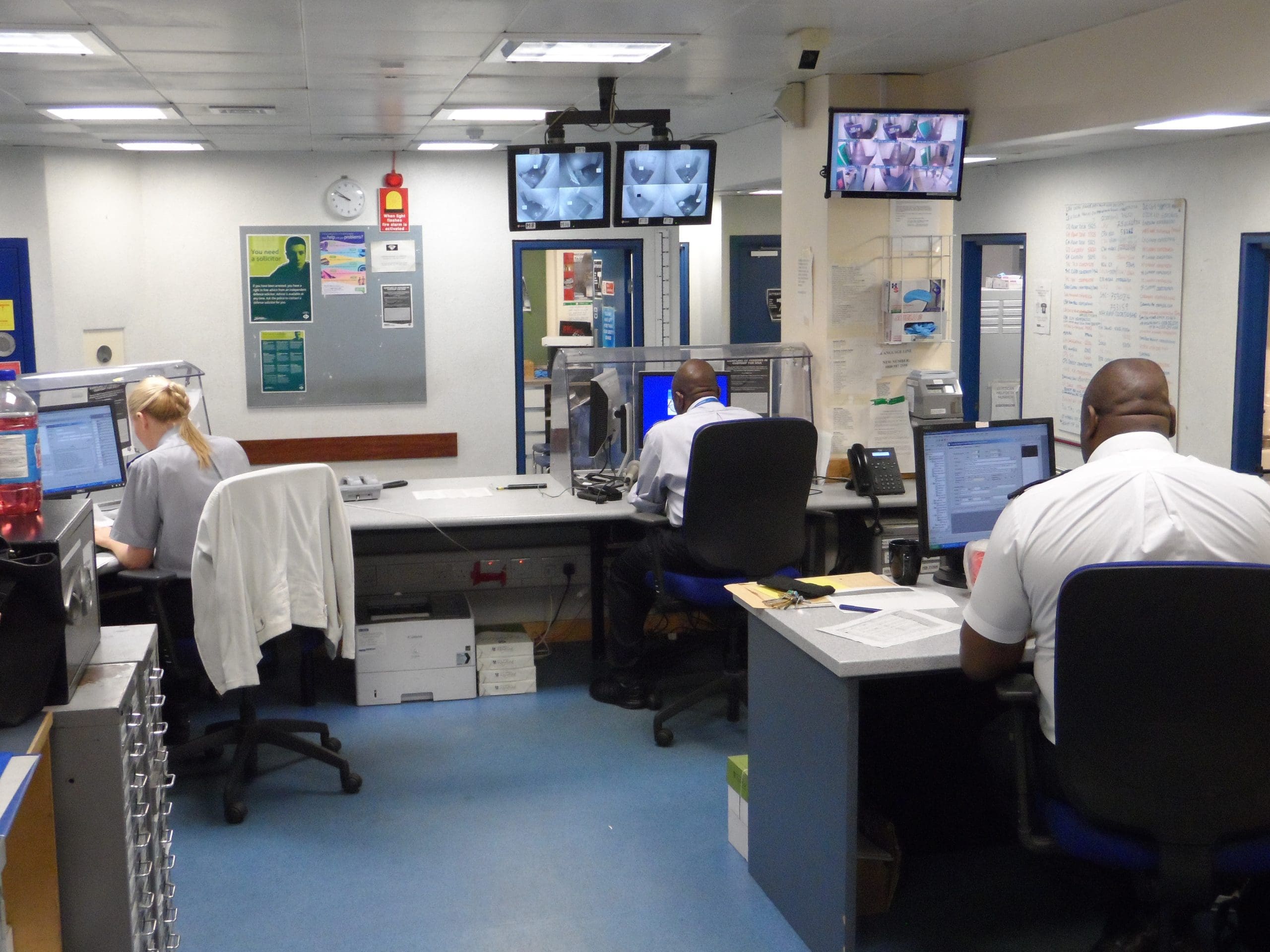
We are unique in that we specialise in complex, high value cases and often multi-faceted cases where a range of experts are required. Because we are a one-stop personal service you do not have to search around for a variety of experts in different disciplines.
We have access to a complete range of experts to provide written reports and give live evidence in over 300 multi-specialty professional areas including criminal, healthcare, regulatory, scientific, clinical negligence, civil, family, non-recent (historic) and personal injury.
You can see examples of our extensive list of expert specialist areas here. If the one you seek is not on the example list, we will have access to whatever specialty you need.
Obtain a Quote
In many cases the FHC experts have specific experience in teaching, research and publication in their specified field (or fields) of expertise. All experts are expected to be conversant and adhere to the duties and role of an expert in court. Our experts are asked to confirm that they will conform to the Code of Practice of the Council for the Registration of Forensic Practitioners (CRFP).
If you wish to identify an expert for a case with which you are involved FHC will provide the name of a suitable expert, their CV, including range of expertise, current dates of non-availability, and a quote for the cost of the services, for report production and ( where applicable ) court attendance, within 2 working days.
The quote will be emailed to you via our electronic case management system.
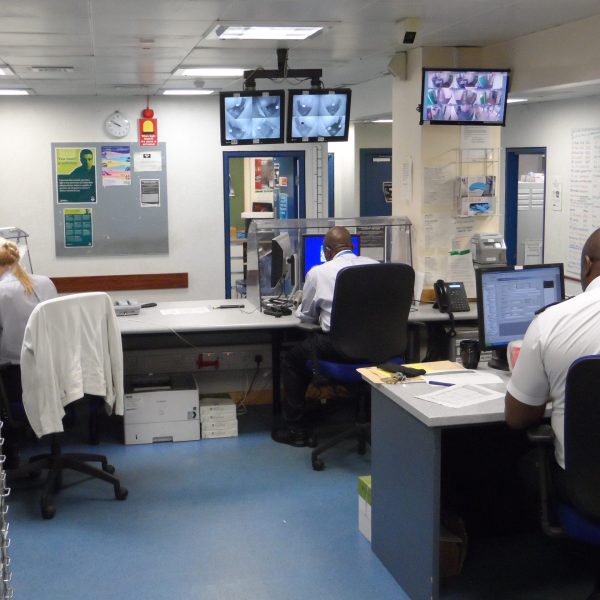
Awards
&
Accreditations







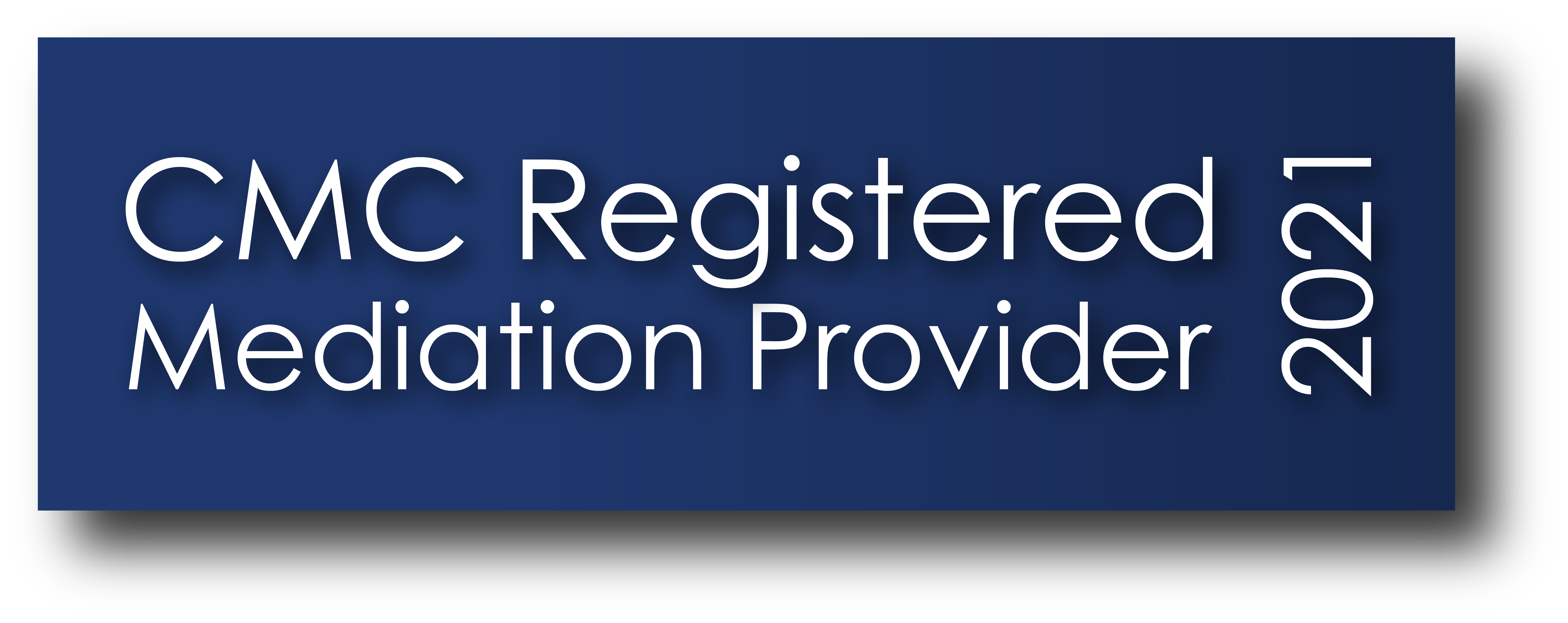

Latest news
FHC Offers Digital Autopsies / Post-Mortems
The FHC team are pleased to say that we are now able to assist with enquiries specifically for digital post-mortems…
The First Event of FHC’s 25th Year Anniversary
On Sunday 28th, half of the FHC team and our partners took part in the 10km London Winter Walk as…
The FHC Family Represent in Australia!
FHC’s Managing Director, Judy Payne-James, Medical Director, Professor Jason Payne-James, and Case Manager, Grace Payne-James attended the 23rd Triennial meeting…
XXVII International Meeting on Forensic Medicine
Professor Payne-James, FHC’s Medical Director, attends Udine Italy and presents, with Dr Antti Sajantila, their new paper “ECLM Survey on…



